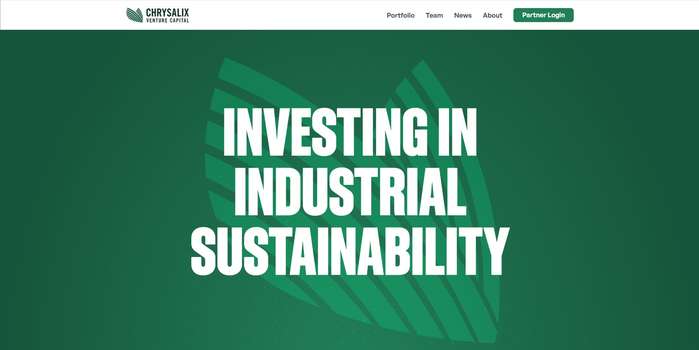From Data-Driven to Human-Centric: My Journey in AI Ethics and the Need for a New Mindset in AI Development
by Hessie Jones
On October 24, 2024, Women in AI Ethics will launch its inaugural Responsible Tech Ecosystem Summit in New York City, in partnership with the Canadian Consulate and sponsored by Altitude Accelerator. As a board member of Women in AI Ethics, I’m excited to be part of this important event that brings together leaders, innovators, and changemakers in AI ethics and responsible technology.
About Women in AI Ethics
Women in AI Ethics began in 2018, when AI development was rapidly growing. At that time, the widespread testing and use of AI/ML systems led to unintended problems not typically seen in software development. Releasing models online to improve their efficacy has caused many of the harms we face today: proliferation of fake profiles and news, digital surveillance, manipulation and personal targeting, among others.
Mia Shah-Dand founded Women in AI Ethics to tackle the many ethical issues in AI, including its effects on society, in particular, the weaponization against women and marginalized groups. Shan-Dad stated :
“We can’t have a meaningful discussion about AI ethics without including marginalized and underrepresented groups in these crucial conversations.”
As AI became moved into mainstream, it has been clear that those receiving recognition for artificial intelligence were mostly white, and mostly male. Shah-Dand created Women in AI Ethics to amplify recognition and representation of talented women, who are making meaningful contributions across these dimensions: commercial systems and safety, roles and rights, sustainability, digital privacy, fairness and accountability and digital and physical safety.
As we approach the first Responsible Tech Ecosystem summit, I think about my own journey into responsible technology. This is the story of how I evolved from a traditional marketer to a privacy and tech ethicist. My journey reflects the rapid emergence of technology and the pressing need for a mindset shift as everything becomes digital.
The Marketing Years: Everything Starts with Data
After graduating with a business degree, I was drawn to marketing and advertising. For over 20 years, I worked to find the right customers for various products and services. I’ve marketed everything from migraine medication and fast food to credit cards and AI technology. Each project to find the right customer always starts with data.
The role of business is to sell their products and services, and data has become crucial in this goal. As people share more of their lives online – their conversations, behaviors, and even body information – data marketers like me saw many opportunities to capitalize on this information.
The Digital Revolution: A New Area to Explore
When digital marketing emerged, it offered new ways to understand customers. We could now access KPIs like website visits, location information, and search behaviors. Social media gave us a treasure trove of data, with people sharing their lives, opinions, and for the first time, their vulnerabilities online.
I worked at Yahoo!, a publishing and ad platform. We measured success across three pillars: reach, revenue, and engagement. We focused on keeping people on our sites longer, creating more ad views and revenue opportunities. Engagement was the most important metric as we continue to see today.
Capitalizing on Big Data
In 2011, I started my own Big Data consulting business, promoting the idea of combining purchase information with social behavior data. I thought that if we had a full picture of the customer – from their social profile to their online actions and purchases – we could stop guessing and start predicting how a potential customer would behave.
I worked for a profiling startup that gave businesses insights from social media, including influence, demographics, location, sentiment, and content, to help them know more about their customers as people. Yet another startup, focused on customer journeys with a focus on improving their paths to purchase: for loan adjudication or insurance qualification, or even purchasing vehicles. The value of having an end to end view of each person’s decision journey was compelling to many businesses.
The Turning Point: Seeing the Dark Side of Data
Over time, I began to see the harmful nature of this data-driven approach. The Netflix show “ The Social Dilemma ” confirmed my growing worries about how platforms change people’s behavior through engagement metrics. My friend and former colleague, Joe Toscano , was one of the voices in The Social Dilemma and he says this:
“There are much bigger problems with how our data is being used… In the attention marketplace, we pay with our attention. If you think about the linguistic mechanics of our new world, we literally say we ‘pay attention to the screen’ or we often tell our friends and family members to ‘quit paying so much attention to your screen.’ Despite this, we, as a society, have never considered ‘paying attention’ as a realized cost or potential harm to consumer welfare. For this reason, we need to take a moment to understand the fundamentals of the mechanics underlying the attention marketplace.”
After 20 years in data marketing, I now see myself as somewhat of an anti-marketer. I realized we were crossing a dangerous line. The issue wasn’t whether businesses needed all that data to make good decisions – in fact, over time, businesses got used to the flood of data collected about everyone. The problem was that technology had set a standard for how information is used, collected, and managed, while rules and regulations fell behind.
From Customer-Focused to Human-Focused
My journey led me to help start MyData Canada in July 2020. This organization works to promote privacy-protecting, free movement of data across borders and technology-aware digital systems. We support a complete privacy system that addresses data fairness, algorithm bias, children’s privacy, and citizen control of information.
The Stories I Write about Technology Expose Much More
A s I started consuming more information in the space, I also found my voice writing for various digital publications including GritDaily, Huffington Post, Towards Data Science, and now, Forbes. In a recent article, I wrote :
“As a writer, I have covered stories about intersectionality and systems of oppression that have shaped technology; I have called out the increasing centralization of authority as Big Tech concentration strengthens at the expense of emerging innovation; I have written about Sam Altman , and the privilege he’s been afforded by Microsoft after he was effectively fired from OpenAI; I have written on the counter-narrative to the dystopian view of AI; I have written about organizations like Proton who continue to combat Big Tech Goliath, and who admonish legislation that increases surveillance across society; I have written about women in AI and the war to quiet the DEI movement in tech and in venture capital ; I have written about wealthy investors like Elon Musk who have reshaped social media platforms like X/Twitter to use their power to enable freedom of speech “without fear of retaliation, censorship or legal sanction.” I’ve also written extensively on data privacy, the disrupted alternatives in verifiable credentials , and organizations that are innovating towards compliance.
These are just a sample of the breadcrumbs that have come to shape what society has become today. The emergence of generative AI, how it has inherited and amplified systemic bias, how it’s used to further widen political disparities, and manipulate and spread misinformation seems to be par for the course.”
Joining Women in AI Ethics
As I became more enamored with responsible technology, I was drawn to groups that shared my values. Joining the board of Women in AI Ethics was a natural step in my journey. This organization, which promotes diversity and thinking about the societal impacts, aligned with my changing view on technology and its effects on society.
Women in AI Ethics Responsible Tech Ecosystem Summit
As we get ready for the first Women in AI Ethics Responsible Tech Ecosystem Summit in NYC, I’m hopeful. This summit is an important step towards change. The event will bring together different voices from the tech industry, universities, and government to talk about the challenges and opportunities in creating a fairer and more ethical digital future. I’m proud to be part of this effort to shape the future of technology in a way that respects human rights, promotes fairness, and puts the well-being of all people first.
The important work led by Mia Shah-Dand and Women in AI Ethics is just the start. It’s a call for everyone in the tech industry to understand the downstream impacts of their solutions and to produce technology that’s fair and creates better outcomes for business and society.
Learn more about the Women in AI Ethics .
The post From Data-Driven to Human-Centric: My Journey in AI Ethics and the Need for a New Mindset in AI Development appeared first on Altitude Accelerator .
Full content in Altitude Accelerator




